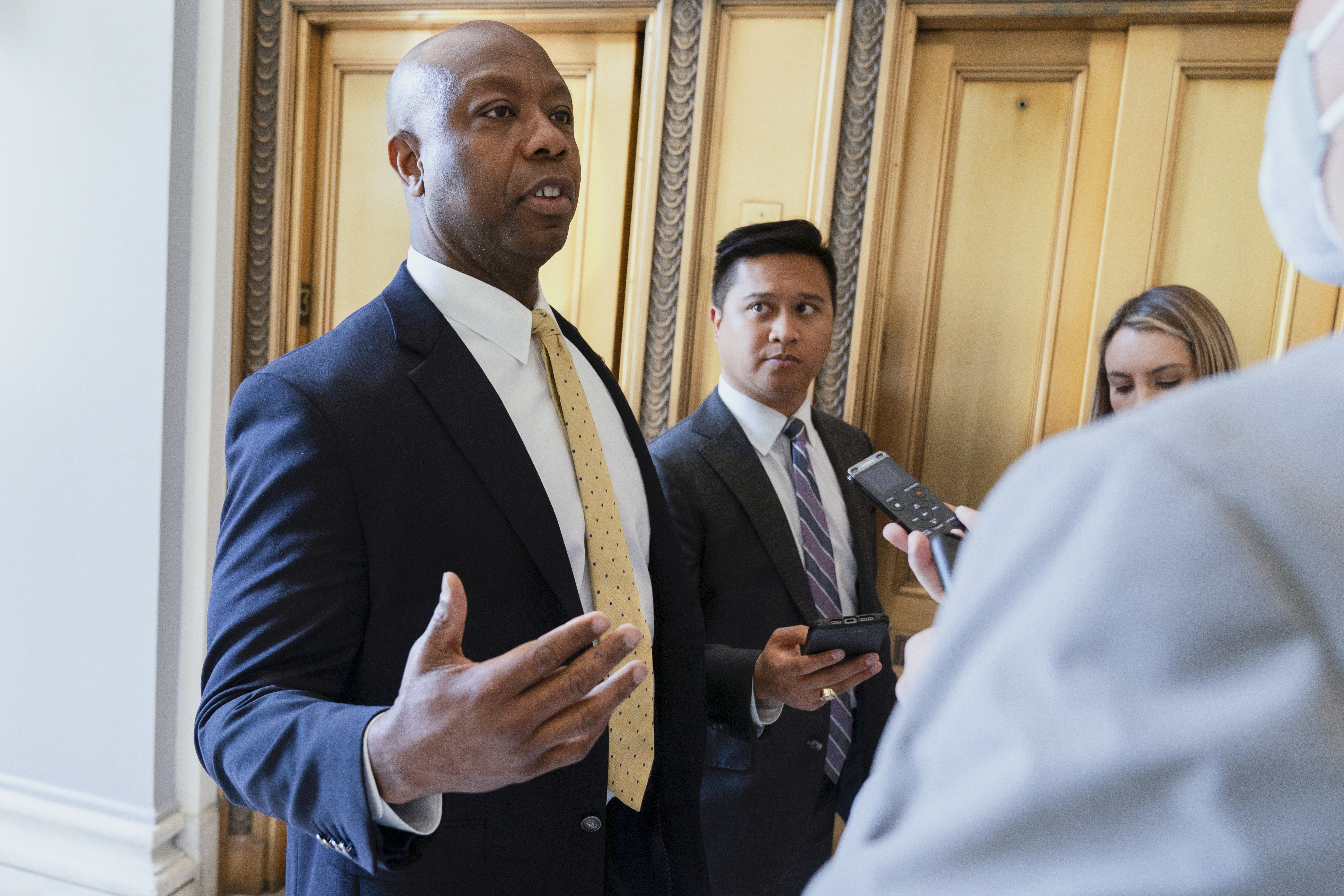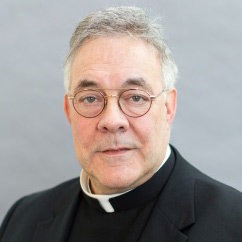In his first address to a joint session of Congress, President Biden offered a renewed vision of America, claiming a revitalizing economy, a growing distribution of vaccinations, and efforts to end injustice against race and gender identity. His words come through hollow as many of these positive trends had their start prior to his election. Yet more than this, Biden’s address seemed to promise a time of unparalleled success in America, security and comfort for all. Repeatedly, the president expressed the need for citizens to be spared of difficulty, pain, or any degree of suffering, and that it was the government’s duty to fulfill this vision.
Snake-oil comes in many forms, and it’s no new thing to have such promises made by a politician. Such an observation was made by Senator Tim Scott in the Republican response to President Biden, “Our best future won’t come from Washington schemes or socialist dreams. It will come from you, the American people.” Biden’s promises belie the fact that nothing of this world can offer true relief. Stimulus checks, welfare programs, state-sponsored education, and other such things only serve to mask the problem. Scott is right to acknowledge that the ‘best’ future does not come from Washington schemes—it is a future, but an empty one, and it would not be the future for which we hunger.
The American people have rarely been as divided along political and cultural lines as we currently are witnessing. The increased polarization is accentuated by political dishonesty and manipulation, a woke cancer culture that seems to have pervaded all theaters, and fear as the nation and world wrestles with a pandemic. Many seem at a loss as to how to counter the rapidly growing fear, anger, and resentment each day. Biden and members of his party simply wish to placate the anger. But this is simply a duplicate of Neville Chamberlain’s error: “Peace in our time” has turned into the burning of American cities. This is the bleak future of Socialism.
But this stark hereafter need not be the America for succeeding generations. In fact, there is still time to hope—substantially hope—for bright years to come. Scott references this hope by offering the example of his own family: his grandfather witnessed his family go from cotton fields to Congress within a single lifetime. This hope is a hearkening back to the foundational premise of America: that with a hard work ethic, a properly formed conscience, and devotion to God, you will find freedom and human flourishing.
Yet, this hope can only truly function with a proper understanding of self. Socialism promotes the idea that man can work hard and achieve perfection—that there is nothing wrong with the individual but his enslavement to corporations. But this is untrue, and the weak premise cracks the whole foundation. What is true to the human condition is an unfortunately neglected idea: original sin. It is presently wildly unpopular to suggest that the human person is somehow deficient, but what else explains the violence pervading our current culture wars? With no sense of the objectively wrong, all is permitted. The further we seek to gratify and make licit our desires, the greater the anger, resentment, pain, and suffering. Healing will not come from legislation, but a return to humility, and a recognition of the need for grace.
I think Senator Scott is right to say: “I am more than hopeful — I am confident — that our finest hour has yet to come. Original sin is never the end of the story. Not in our souls, and not for our nation. The real story is always redemption.” Our weakened state, due to original sin, does not mean that we are wicked, evil, or insignificant. It means that we have a wound—a particular kind of wound that demands a particular kind of medicine. For quite some time now, we have lived in a such a way that has neglected this reality. Living in the most materially wealthy country the world has ever seen has allowed us to lose sight of what truly matters: human dignity, personal responsibility, family.
But these things are not lost, and we can still salvage the union from despair.
Politicians will continue to make promises. Advancements in technology will continue to amaze. New entertainment will arrest our attention. But none of this will ease the emptiness we feel nor offer us the peace that we seek. It’s time for America to return to its humble origins. A time for us to take a good, long, reflective look at ourselves, and acknowledge that we are not perfect. Only then can we truly begin to build back. Only then will we “achieve and cherish a just and lasting peace among ourselves and with all nations.”

